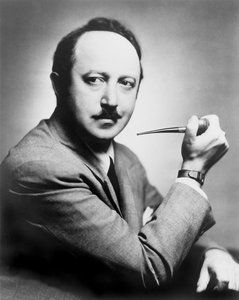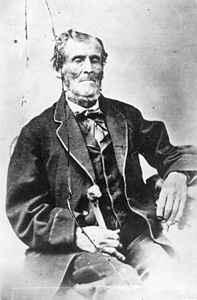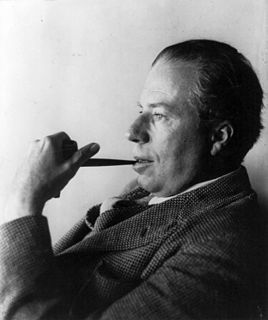A Quote by R. A. Torrey
For eighteen centuries every engine of destruction that human science, philosophy, wit, reasoning or brutality could bring to bear against a book has been brought to bear against that book to stamp it out of the world, but it has a mightier hold on the world today than ever before. If that were man's book it would have been annihilated and forgotten hundreds of years ago.
Related Quotes
Every type of destruction that human philosophy, human science, human reason, human art, human cunning, human force, and human brutality could bring to bear against this Book, and yet the Bible stands absolutely unshaken today. At times almost all the wise and great of the earth have been pitted against the Bible, and only an obscure few for it. Yet it has stood.
For every Book of Job, there's a Book of Leviticus, featuring some of the most boring prose ever written. But if you were stranded on a desert island, what book would better reward long study? And has there ever been a more beautiful distillation of existential philosophy than the Book of Ecclesiastes?
The New Testament is an invaluable book, though I confess to having been slightly prejudiced against it in my very early days by the church and the Sabbath school, so that it seemed, before I read it, to be the yellowest book in the catalogue. Yet I early escaped from their meshes. It was hard to get the commentaries out of one's head and taste its true flavor. [...] It would be a poor story to be prejudiced against the Life of Christ because the book has been edited by Christians.
I feel that I'm an essayist and that my best work gets done in that form. I wanted to do a book where the essays could exist on their own terms. A book that was neither a book of essays that were shoehorned into a memoir, nor [one where] the essays had been published elsewhere first, [because] then they would kind of bear the marks of those publications.
He is no true reader who has not experienced the reproachful fascination of the great shelves of unread books, of the libraries at night of which Borges is the fabulist. He is no reader who has not heard, in his inward ear, the call of the hundreds of thousands, of the millions of volumes which stand in the stacks of the British Library asking to be read. For there is in each book a gamble against oblivion, a wager against silence, which can be won only when the book is opened again (but in contrast to man, the book can wait centuries for the hazard of resurrection.)
This is an extremely ambitious book. In addition to science and mathematics, Byers brings to bear insights from literature, philosophy, religion, history, anthropology, medicine, and psychology. The Blind Spot breaks new ground, and represents a major step forward in the philosophy of science. The book is also a page-turner, which is rare for this topic.
My books have been part of my life forever. They have been good soldiers, boon companions. Every book has survived numerous purges over the years; each book has repeatedly been called onto the carpet and asked to explain itself. I own no book that has not fought the good fight, taken on all comers, and earned the right to remain. If a book is there, it is there for a reason.
The Book of Mormon is no fake. I know what I know. I have seen what I have seen and I have heard what I have heard. I have seen the gold plates from which the Book of Mormon is written. An angel appeared to me and others and testified to the truthfulness of the record, and had I been willing to have perjured myself and sworn falsely to the testimony I now bear I could have been a rich man, but I could not have testified other than I have done and am now doing for these things are true.
Printer's ink has been running a race against gunpowder these many, many years. Ink is handicapped, in a way, because you can blow up a man with gunpowder in half a second, while it may take twenty years to blow him up with a book. But the gunpowder destroys itself along with its victim, while a book can keep on exploding for centuries.
You all know that certain things are necessary to make a religion. First of all, there is the book. The power of the book is simply marvellous! Whatever it be, the book is the centre round which human allegiance gathers. Not one religion is living today but has a book. With all its rationalism and tall talk, humanity still clings to the books. In your country every attempt to start a religion without a book has failed. In India sects rise with great success, but within a few years they die down, because there is no book behind them. So in every other country.




































